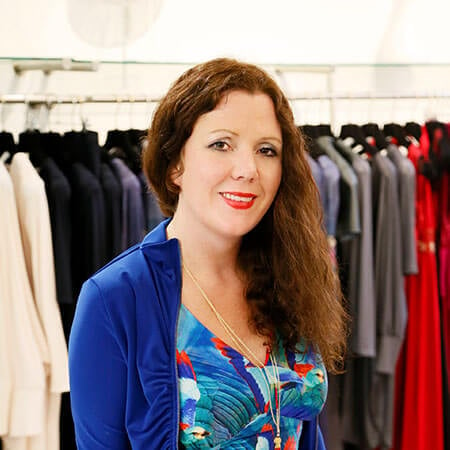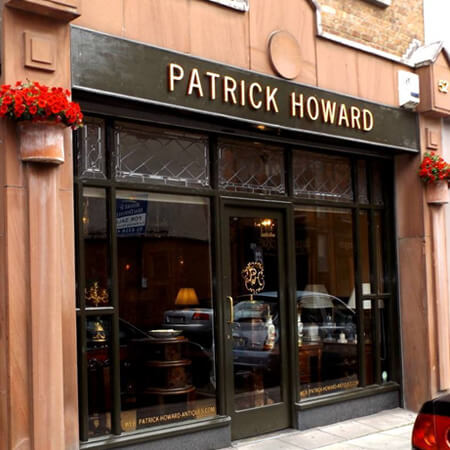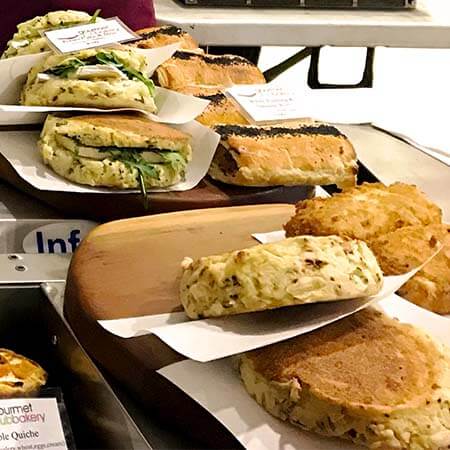The fashion industry accounts for almost one-tenth of all carbon emissions worldwide, and the waste it produces significantly impacts our environment. With the problem on track to keep growing, we have a part to play in the solution.
Each year, Junk Kouture challenges Gen-Z to innovate in the sustainable fashion space. The competition redefines what is and isn’t ‘waste’ for our next generation of designers.
The next generation of change-makers
When the lights came on at this year’s Junk Kouture final, what once was trash had become a dazzling, skillfully crafted treasure. All over Ireland, thousands of secondary school students have been working around the clock to fashion glamourous outfits from recycled ‘junk’. During the final, sixty of their submissions were modelled on the runway for judging.

Founded in 2010 by Donegal entrepreneurs Troy Armour and Elizabeth O’Donnell, Junk Kouture is a sustainable fashion initiative with a twist. Taking part in the programme is entirely free, and young people aged 12 to 19 are tasked with finding value and beauty in everyday waste. Interest in Junk Kouture has grown, with more than half of Ireland’s secondary schools now involved. In 2021, the programme went international and held its first world final in Dubai.
A creative and resourceful approach to design is rewarded in the competition, and it’s clear that this year’s creators understood the brief. Everything from old prams and discarded duvets to mussel shells and crushed tealights has been given a new lease of life to craft innovative couture outfits.
The rapturous applause and enthusiastic response from the young audience at the Dublin finals sends a clear message: Gen-Z are passionate about giving unwanted materials a creative new life.

Why is a circular perspective for fashion so important?
Clothing is being produced and consumed at a rapidly growing rate. It’s doubled over the past 20 years. Currently, less than a third of Irish people see a link between buying new clothes and climate change, and we add to this demand every time we buy new clothes. Worryingly, over 60% of our discarded clothes are incinerated or go to landfills, with millions of garments adding to pollution each year. That’s where circular fashion and the circular economy come in.

Within a circular economy, we take on an entirely new view of what is and isn’t waste. The traditional ‘take, make, use and dispose’ approach to products and materials is replaced with seeing their value and prioritising the extension of their lifespan. Instead of throwing things away, reuse, repair, repurpose, recycle and share them. This cuts down waste and means fewer precious resources are used.
So, what can you do?
Ways to get involved with circular fashion in Dublin
Shopping secondhand gives clothing a new lease of life and often costs a fraction of the price. A relaxing afternoon at one of Dublin’s many markets is a lovely way to start. Some great options include Georges Street Arcade, Le Zeitgeist Flea Market, or We Love Markets’ Flea at the Digital Hub. There are undoubtedly plenty of secondhand clothing shops in Dublin. Curated vintage shops like Tola Vintage and Badlands Vintage are perfect for finding retro gems. Charity shops are also a great place to look. They help support important causes and are a budget-friendly way to shop for a wide range of styles in one place. You could make a day of it by planning a shopping crawl in town that takes in a selection of stores along the way. One popular route for secondhand shoppers is from George’s Street, up Camden Street, through to Rathmines village. You can also check out online marketplaces like Depop from the comfort of your own home.

Pre-loved fashion rental is the perfect risk-free way to try new styles and gives clothing a new lease of life. Previously, fate might have had these garments sit in your wardrobe after just one wear at a special event. Now, they have the chance to sparkle again and again. Some popular pre-loved fashion rental services in Dublin include Happy Days, Designer Room and Tangos.
Plenty of social enterprises in Dublin are innovating in the circular fashion space, including Change Clothes and Rediscover Fashion. These small businesses aim to educate and engage communities in more sustainable fashion practices. They’ve made learning and upskilling fun and accessible for everyone and offer many ways to get involved. Browse and rent from the fabulous range of pre-loved fashion at Change Clothes, or join one of their many events where you’ll find everything from clothes swaps to workshops. Please drop into the Rediscovery Centre in Ballymun for one of Rediscover Fashion’s workshops, like their regularly run Repair Cafés. Bring any clothes you’ve meant to mend, then head to the Eco Store on-site to shop from their collection of upcycled accessories.



